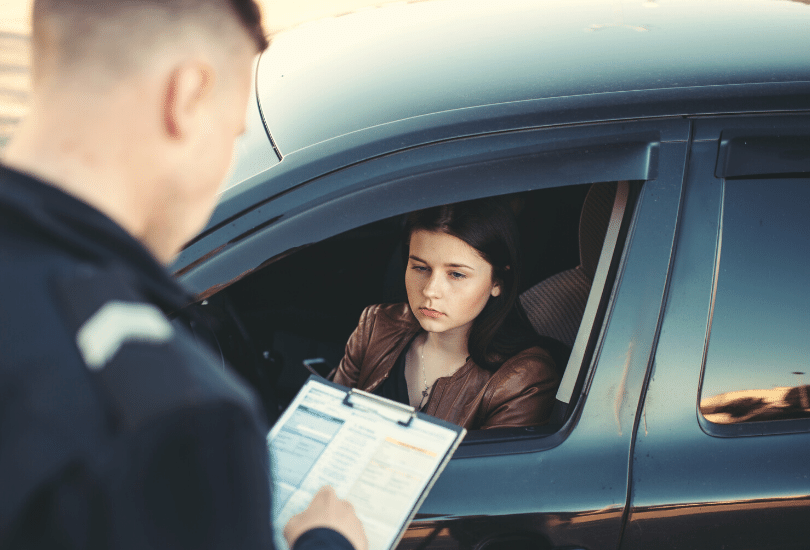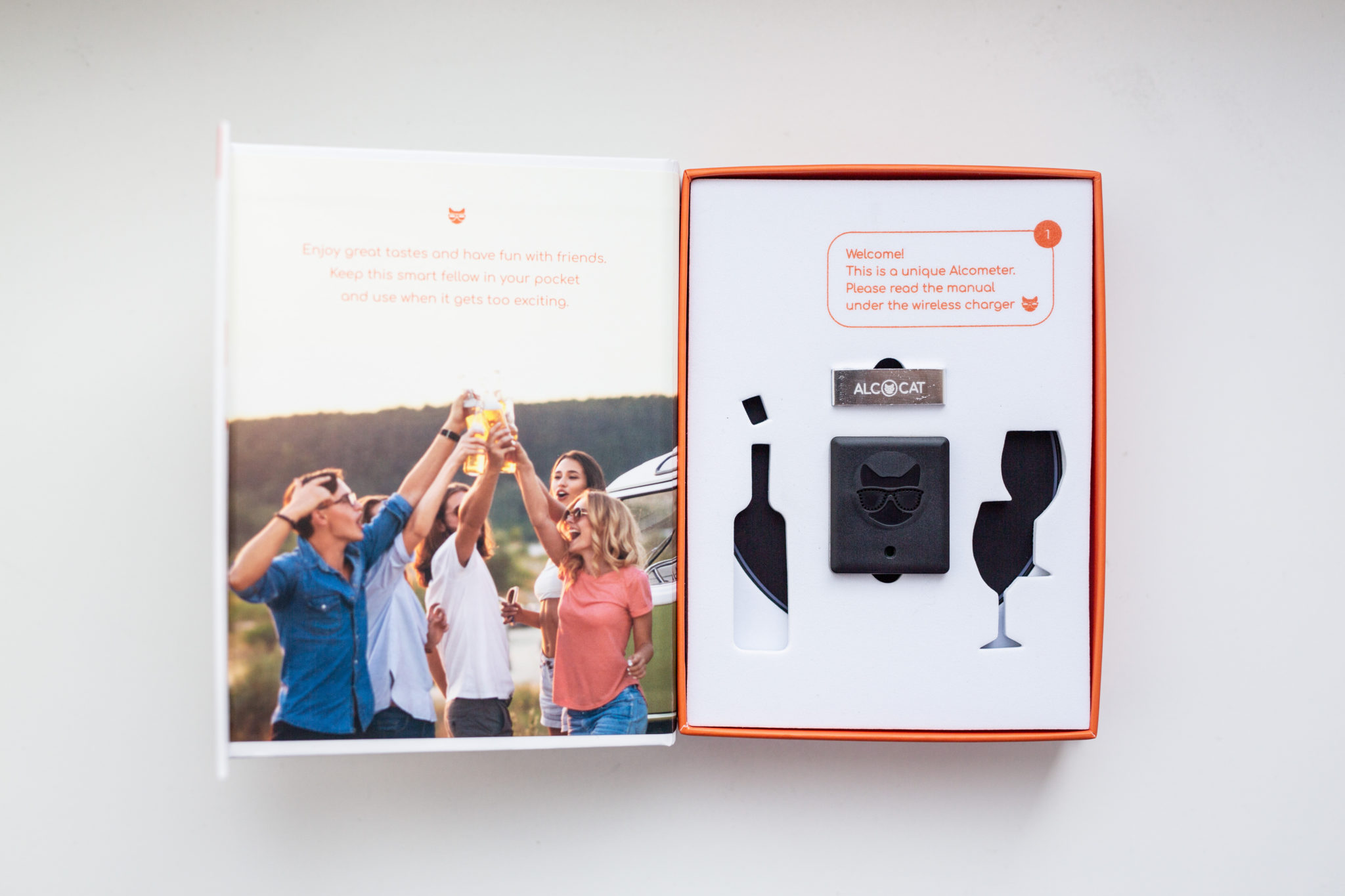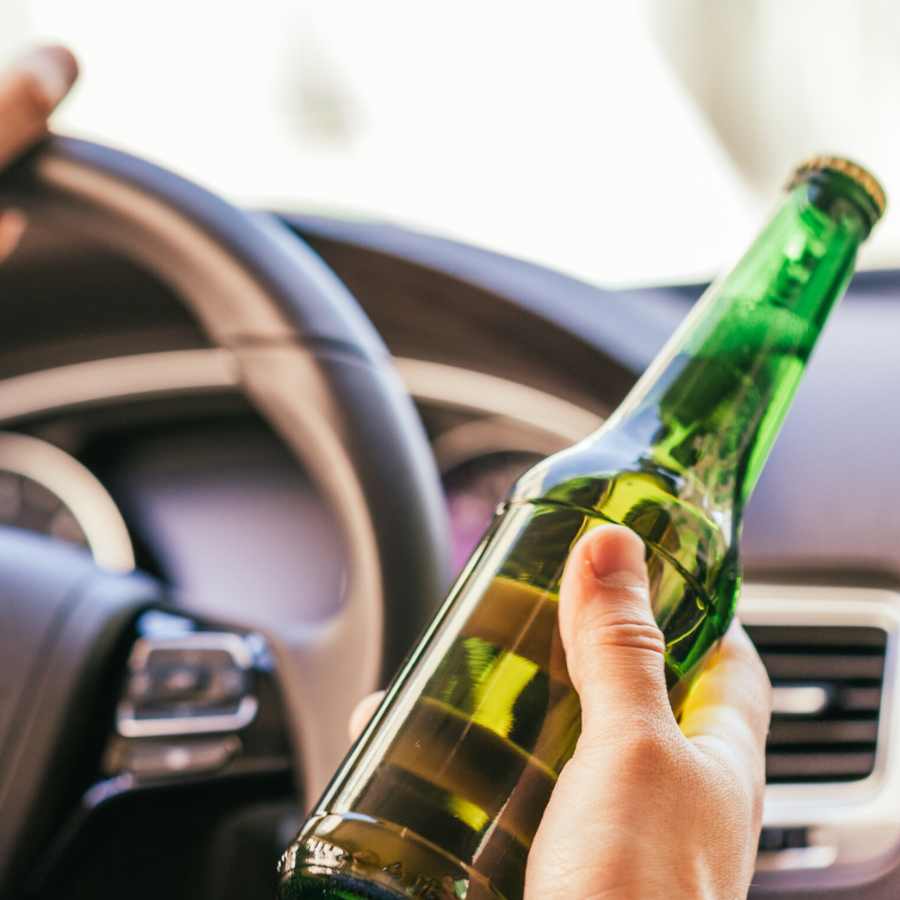Do you know what DUI means? Do you want to learn the difference between DUI and DWI? At Alcocat we'll explain to you what these terms mean. We have researched the most common questions about DUI so that we can inform you and solve all your doubts.
What is DUI?
DUI is an abbreviation for "driving under the influence". But what does this mean? Driving under the influence means that a person is driving a motor vehicle while carrying alcohol above the maximum authorized rate. This abbreviation is known, mostly, in the United States.
As you know, the combination of alcohol and driving is not a good idea. That's why there are traffic laws that are meant to protect our lives. Despite all the measures that exist today it still causes many deaths on the road.
Difference between DUI and DWI
The difference between these two abbreviations is not simple to understand. There are states that make a very clear difference and there are others that don’t.
In states that differentiate between these two terms, they explain that a DUI is an acronym for "driving under the influence" while DWI means "driving while intoxicated". The main difference is that DWI is considered driving under the influence of any drug.
A driver can be charged with a DUI or DWI even if his BAC is below the legal limit. Although the two mean different things, driving under one of these effects is very dangerous and can cause irreparable damage.
Which one has worse consequences: DUI or DWI?
In states where there is a difference between the two terms, DUI is considered milder than DWI. The last one often has worse consequences is caused by being under the influence of the drug. But both are punished by law.
Some states offer the opportunity to reduce a charge from a DWI to a DUI if it is the driver's first alcohol- or drug-related offense, and his BAC was less than 0.08%.
In recent years, authorities have become stricter in road driving. That is why in many countries they do not allow any alcohol while being at the wheel. You have to be careful!
Other common acronyms:
- DUI - Driving Under Influence
- BAC - Blood Alcohol Concentration
- DWI - Driving While Intoxicated
- OMVI - Operating a Motor Vehicle Impaired
- OVI - Operating a Vehicle Impaired
- DWAI - Driving While Ability Impaired
Charges for driving under the influence

As you may know, getting behind the wheel after drinking alcohol is a very serious crime that can result in strict penalties such as fines or loss of your license.
If you are under 21 years old, in the United States, the legal limit of alcohol percentage is set at 0.02% in air and 0.03% in blood. That means that with just one drink you can exceed the maximum rate. So, if you take a breathalyzer test and it gives a result above the legal limit you can be arrested. Depending on the seriousness of the crime committed, the withdrawal of the license may vary between weeks or years.
In other countries, such as Spain, the punishment is not so serious, you get a fine and have points taken off your driving license. When this happens, they usually look for a person who has a license and is not under the influence of alcohol to continue with the journey.
Consequences of a DUI or DWI
When a DUI or DWI offense occurs it can have a different set of consequences such as:
- Loss or suspension of driving license
- Community Service
- Monetary fine
- Probability of loss of car coverage
It’s recommended that when this type of crime occurs, you opt for a pocket alcoholometer to prevent this from happening again. Our recommendation is for you to use the one of Alcocat, a calibrated pocket alcoholometer linked to your smartphone. This way you can have an estimate of the BAC before you take the car.

DUI Laws in the Different States
It’s important to note that DUI laws are different in each state. So, the consequences you get depend on where you are. Although there are discrepancies between the laws, there is one that all of them share. If you exceed the blood alcohol rate of 0.08% you will be directly arrested for drunk driving.
In Texas, for those over 21 years of age, the consequences can lead to the Penal Code for exceeding the BAC of 0.08%. In North Carolina, a person can be arrested even if they do not exceed the legal limit. The car does not even have to be in motion for the driver to be charged with a DUI.
In Illinois, they only recognize the DUI, not the DWI. In addition, there is a zero alcohol tolerance in minors. If a minor is caught driving while intoxicated he will be directly arrested. In addition, he will lose his driver's license.
Personal mobility vehicles in Spain
Nowadays, new measures are being taken for personal mobility vehicles (VMP) because of the growing trend of E-scooter. A VMP is a vehicle equipped with a seat that has an electric motor that provides a speed between 6 to 25 km/h. Other types of VMP can be the segway or electric unicycle.
Types of fines on Personal Mobility Vehicles
A person who drives a VMP is required to submit to alcohol and drug testings. And, in the case of exceeding the alcohol rate, they can be fined as if it were a car or a motorcycle. In addition, if it tests turns out positive, the vehicle will be immobilized.
In addition, if a person uses a mobile phone while driving a VMP, he or she can be fined up to 200 euros according to the General Traffic Regulations.
Another fine can be imposed on wearing headphones, which is totally prohibited in Spain. If the police stop you while wearing headphones they can fine you 200 euros.
Effects of a DUI

According to several studies, suffering from a moral hazard is 17 times greater if you are under the influence of alcohol. The more alcohol in the blood, the greater the risk of dying from a road accident.
A person who has been drinking may have trouble while driving. Alcohol has effects on the body that can lead to a road accident. The effects of alcohol can appear within minutes of being swallowed and can affect driving.
Here is a list of effects that can impair driving:
Non-coordination
Drinking in excessive amounts can affect motor skills, such as eye, hand, and foot coordination. Without these skills, walking may be difficult.
Poor concentration
Alcohol can influence your concentration. While driving, there are many times that require significant concentration such as staying in one lane, regulating speed, interacting with traffic signals, or the presence of other drivers. But if you have been drinking, the likelihood of a crash increases significantly.
Decreased vision
After a few drinks, you may notice that your vision is blurry or that you cannot control your eye movements. This affects your ability to see on the road, as your vision is blurry.
Slow reaction time
Alcohol can affect how quickly you respond to a situation. Drinking can decrease the response time by increasing the likelihood of an accident.
Not everyone experiences the same effects when drinking alcohol. However, thanks to technology we can discover our state of intoxication. The Alcocat breathalyzer allows you to show the state you are in before you make the decision to take the car.

